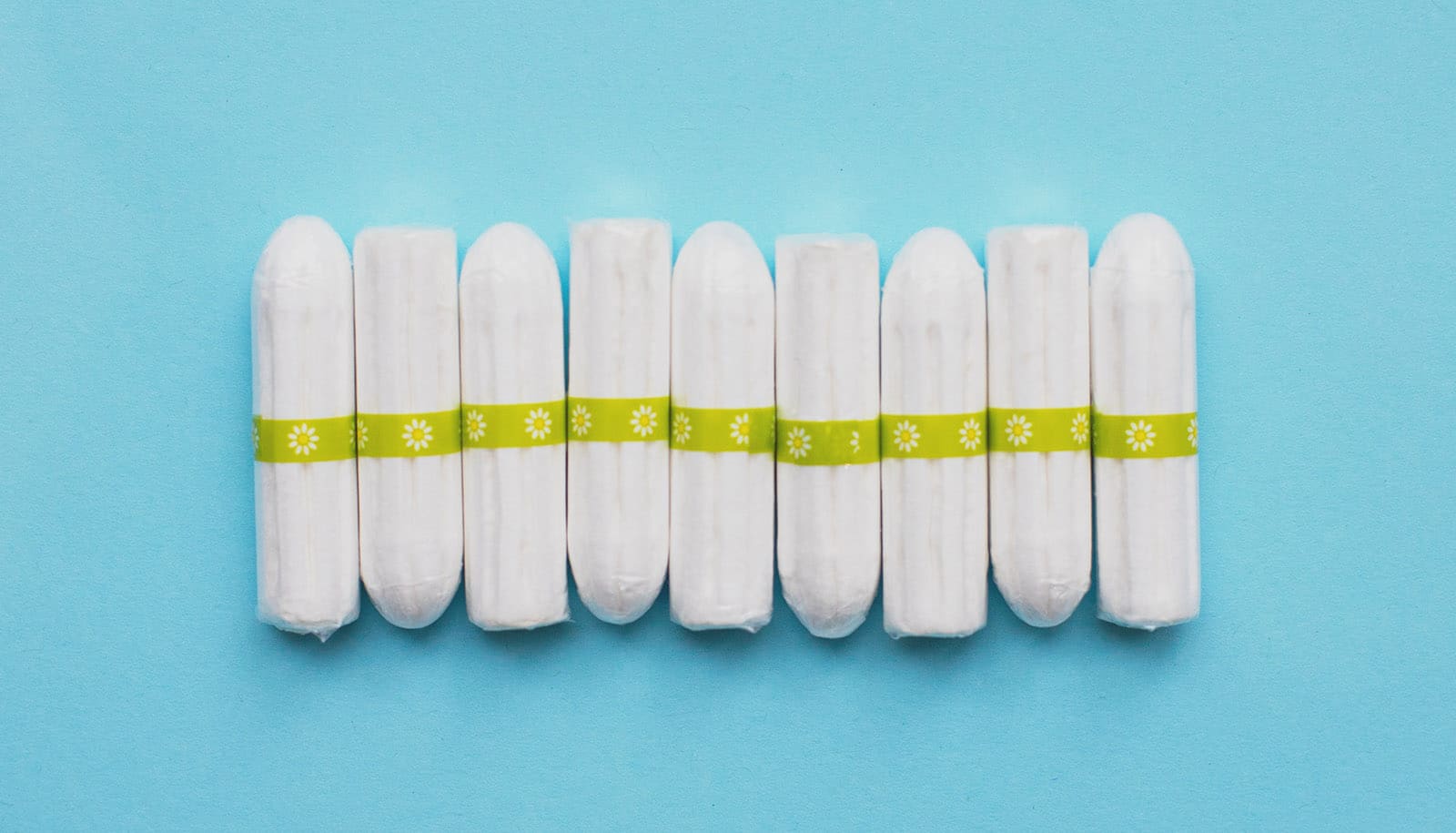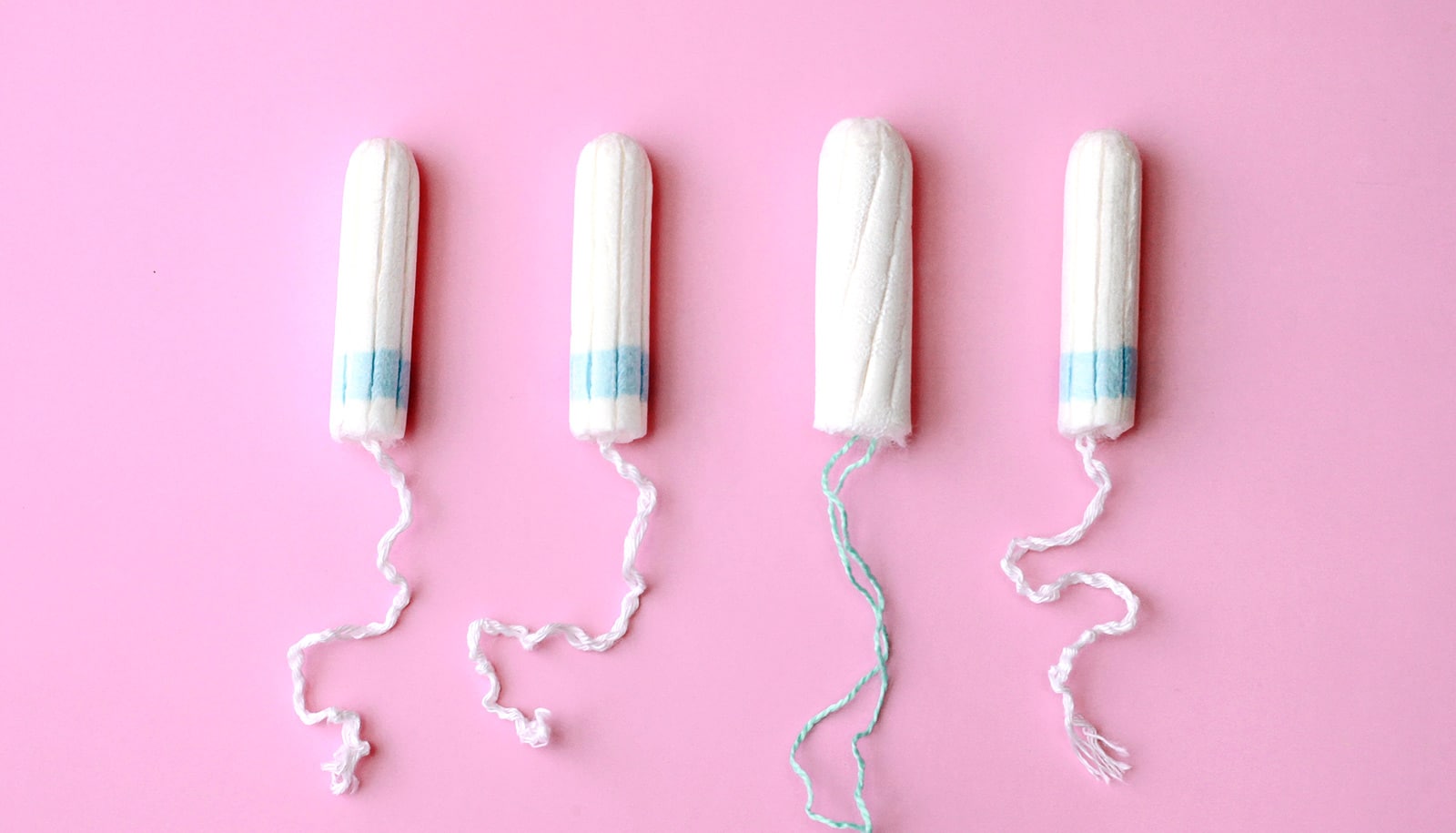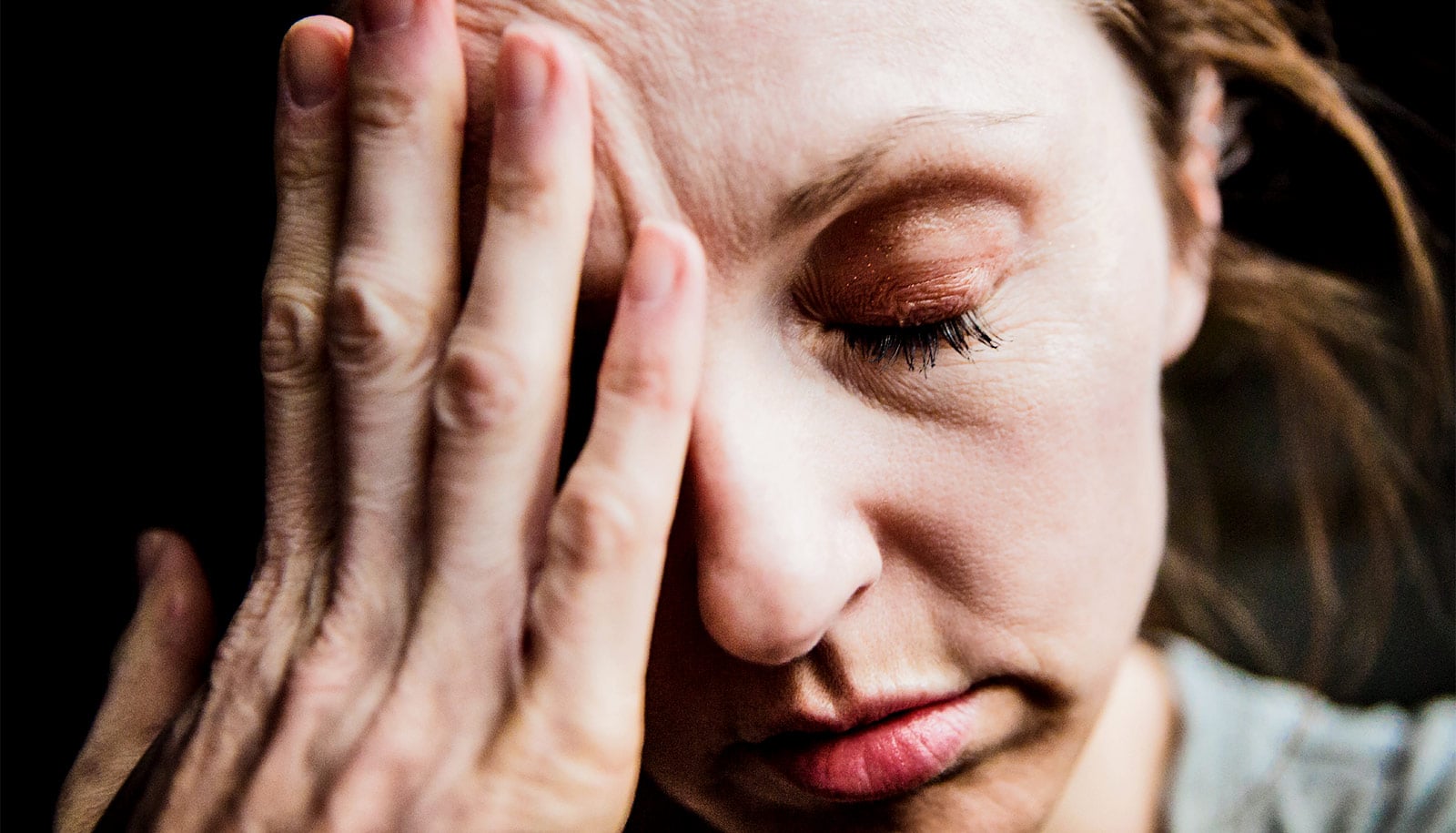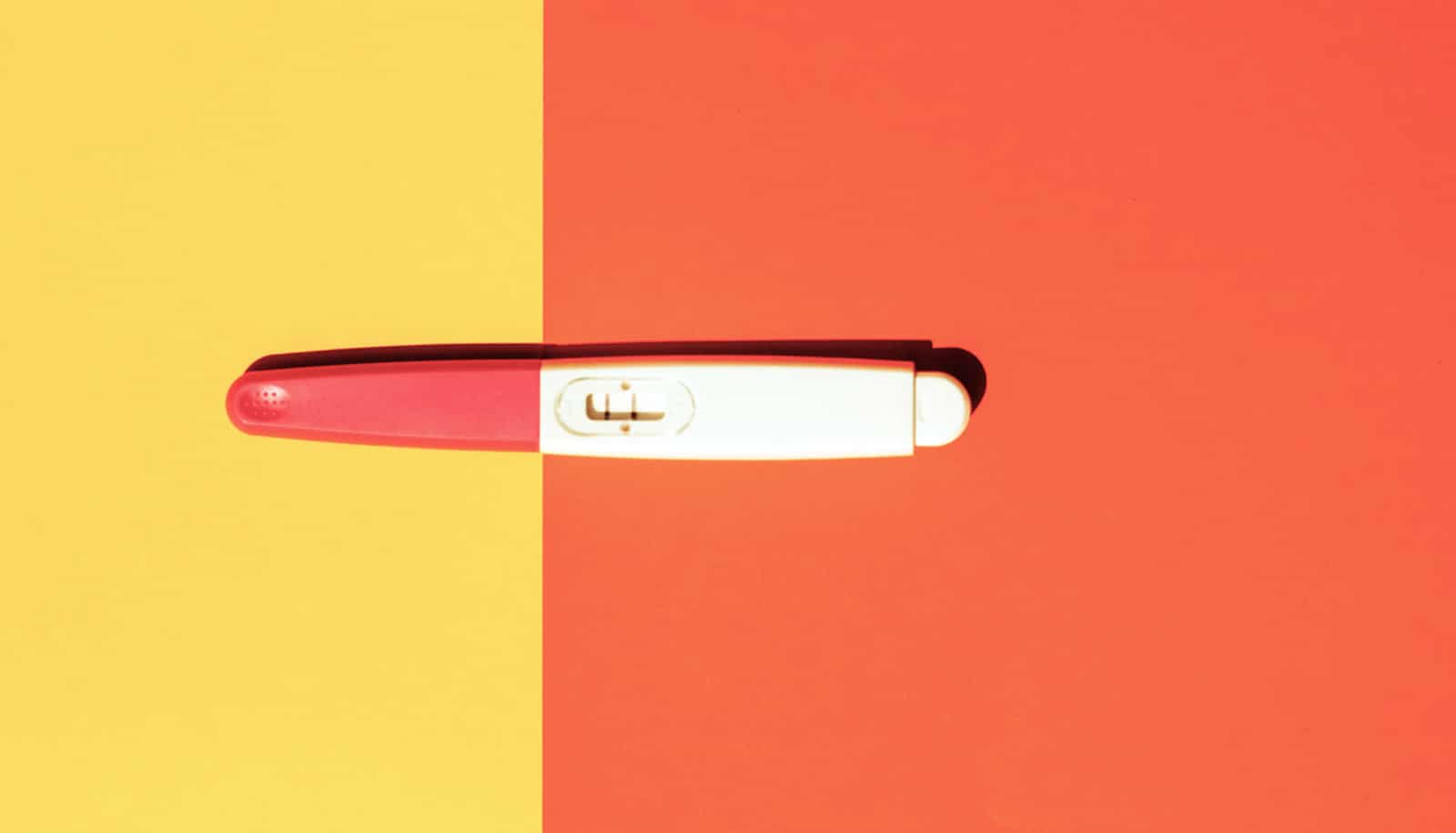The body’s immune system responding to a COVID vaccine, and not the vaccine itself, is likely the cause of any menstrual cycle changes people experienced after getting a shot, a new study shows.
Soon after shots first started getting into arms, anecdotal reports began to surface suggesting that the vaccines were changing people’s periods. Many said their cycles were arriving earlier and bringing heavier bleeding and greater pain after receiving a COVID vaccine.
“We found that menstrual cycles immediately after vaccination were on average one day longer than pre-vaccination cycles,” says Amelia Wesselink, a research assistant professor of epidemiology at Boston University School of Public Health and lead author of the study in the journal Vaccine.
“In other words, the onset of the next menstrual period after vaccination was slightly delayed. We also found that cycle length returned to normal within a few cycles. Other menstrual cycle characteristics, including cycle regularity, bleed length, bleed heaviness, and menstrual pain, were similar before and after vaccination.”
The researchers tracked 1,137 people between January 2021 and August 2022. All of those taking part identified as female, were aged between 21 and 45, and were part of a couple trying to conceive without fertility treatment. Each participant was surveyed every eight weeks for up to a year, answering questions about their vaccination status, as well as their menstrual cycle—its regularity, duration, bleed length, and heaviness, and pain levels.
After comparing 437 participants who received at least one vaccine dose to 700 people who were unvaccinated, researchers found menstrual cycles increased by 1.1 days after a first dose and 1.3 days after a second. That shift resolved within one to two menstrual cycles.
There were also no strong associations between vaccination and other changes, including cycle regularity, bleed length, heaviness of bleed, and menstrual pain. All participants were unvaccinated when they entered the study.
The researchers determined that the small alteration they saw in cycle length was not caused by the vaccine itself, but was probably due to the body’s immune response to the vaccine, and that “short-term changes in menstrual cycle characteristics likely do not translate into meaningful differences in fertility,” according to the paper.
The study follows a previous Boston University study that found COVID vaccination doesn’t cause infertility or dent pregnancy chances.
“COVID-19 vaccines are safe and effective at preventing severe disease and death from SARS-CoV-2,” Wesselink says. “This is particularly important for pregnant people, as pregnancy is a risk factor for severe COVID-19 disease. SARS-CoV-2 infection during pregnancy is also associated with poorer outcomes for the birthing person and baby.”
Study participants were all enrolled in the SPH-based Pregnancy Study Online (PRESTO), a long-term internet-based examination of fertility funded by the National Institutes of Health.
“Our results are remarkably consistent with other research on this topic that has come out in the past year. Importantly, we have also shown in PRESTO that COVID-19 vaccination is not associated with fertility [issues],” Wesselink says. “We hope that these results help reproductive-aged people make informed decisions about their health.”
The researchers are planning to leverage PRESTO data to learn more about other factors that can cause changes in menstrual cycle characteristics, Wesselink says.
“This is a really understudied topic, despite the fact that half the population spends three to four decades menstruating and abnormal menstruation can have a big impact on quality of life.”
The National Institutes of Health supported the work.
Source: Boston University



